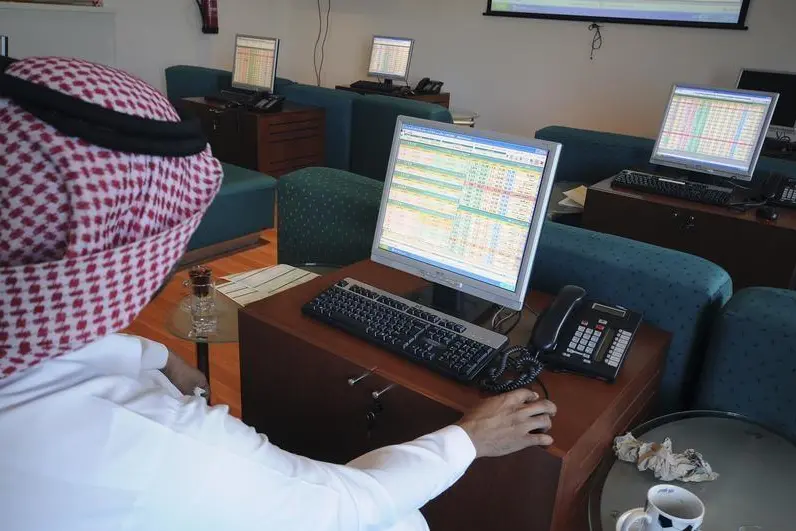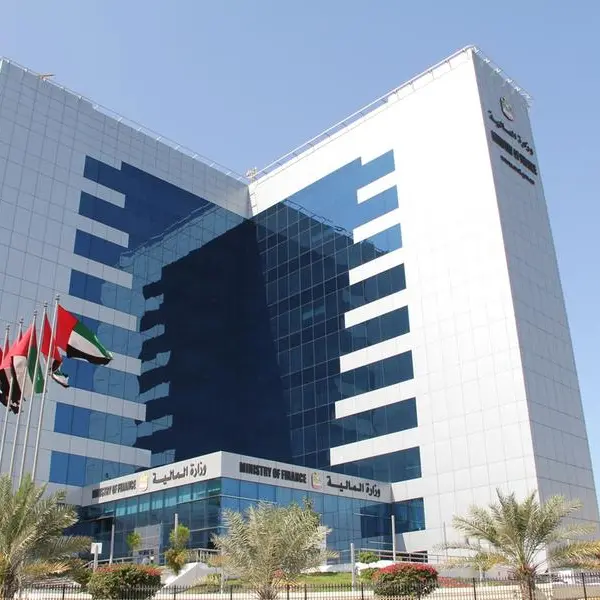PHOTO
26 July 2017
The UAE is benefitting more from the rebound in world trade flows than other GCC economies, thanks to its status as the world’s third-busiest airport (Dubai International Airport) and its position as the ninth-busiest container port (DP World).
The country’s GDP growth is forecast at 1.7% in 2017 (this is just over half as fast as in 2016, but with a greater contribution from the non-oil sector than last year), accelerating to 3.3% in 2018. Passenger traffic through Dubai International Airport has increased 7.4% in the first quarter of the year, and this improvement is mirrored in the wider non-oil sector. Several key infrastructure projects are forging ahead, partly in support of Expo 2020 (the first to be held in the Middle East region), but also more widely driven by the ongoing expansion of trade and transport links. Overall, the number of construction projects awarded in 2017 Q1 was up 26% compared to Q1 2016.
Business investment has also been supported by an improving financial environment. The stabilization in oil prices, the easing pace of austerity, and sovereign debt issuance have all helped ease liquidity pressures in the banking system over the course of the past year or so. Privately-held bank deposits were up by almost 9% in the year to March, enabling lending to grow by 7% over the same period.
Michael Armstrong, FCA and ICAEW Regional Director for the Middle East, Africa and South Asia (MEASA), said: “The UAE is in a stronger position than other countries in the region due to its diversified economy, excellent infrastructure, political stability and ample foreign assets. Its reputation as a trade hub has helped the country to benefit from the rebound in the world economy more immediately than other economies in the GCC.”
The UAE is the most diversified economy in the GCC region - fuel generates just 22% of export revenues. Followed by Bahrain with fuel generating 34% of export revenues. Kuwait is the least diversified economy within the region, with fuel accounting for 80% of export earnings.
However, the report says that UAE consumers will feel several drags on their spending power in the coming year or two. The introduction of VAT is expected to add 2 percentage points to inflation in 2018, pushing inflation to 4% overall. Further pressure will be felt by consumers as a result of recent government legislation to enable excise duties on soft drinks and tobacco of up to 100% of the product value. Additionally, new regulations requiring all expats and dependents to hold health insurance in order to renew visas, will take a further chunk out of households’ spending power.
The UAE is benefitting more from the rebound in world trade flows than other GCC economies, thanks to its status as the world’s third-busiest airport (Dubai International Airport) and its position as the ninth-busiest container port (DP World).
The country’s GDP growth is forecast at 1.7% in 2017 (this is just over half as fast as in 2016, but with a greater contribution from the non-oil sector than last year), accelerating to 3.3% in 2018. Passenger traffic through Dubai International Airport has increased 7.4% in the first quarter of the year, and this improvement is mirrored in the wider non-oil sector. Several key infrastructure projects are forging ahead, partly in support of Expo 2020 (the first to be held in the Middle East region), but also more widely driven by the ongoing expansion of trade and transport links. Overall, the number of construction projects awarded in 2017 Q1 was up 26% compared to Q1 2016.
Business investment has also been supported by an improving financial environment. The stabilization in oil prices, the easing pace of austerity, and sovereign debt issuance have all helped ease liquidity pressures in the banking system over the course of the past year or so. Privately-held bank deposits were up by almost 9% in the year to March, enabling lending to grow by 7% over the same period.
Michael Armstrong, FCA and ICAEW Regional Director for the Middle East, Africa and South Asia (MEASA), said: “The UAE is in a stronger position than other countries in the region due to its diversified economy, excellent infrastructure, political stability and ample foreign assets. Its reputation as a trade hub has helped the country to benefit from the rebound in the world economy more immediately than other economies in the GCC.”
The UAE is the most diversified economy in the GCC region - fuel generates just 22% of export revenues. Followed by Bahrain with fuel generating 34% of export revenues. Kuwait is the least diversified economy within the region, with fuel accounting for 80% of export earnings.
However, the report says that UAE consumers will feel several drags on their spending power in the coming year or two. The introduction of VAT is expected to add 2 percentage points to inflation in 2018, pushing inflation to 4% overall. Further pressure will be felt by consumers as a result of recent government legislation to enable excise duties on soft drinks and tobacco of up to 100% of the product value. Additionally, new regulations requiring all expats and dependents to hold health insurance in order to renew visas, will take a further chunk out of households’ spending power.
© The Saudi Gazette 2017





















